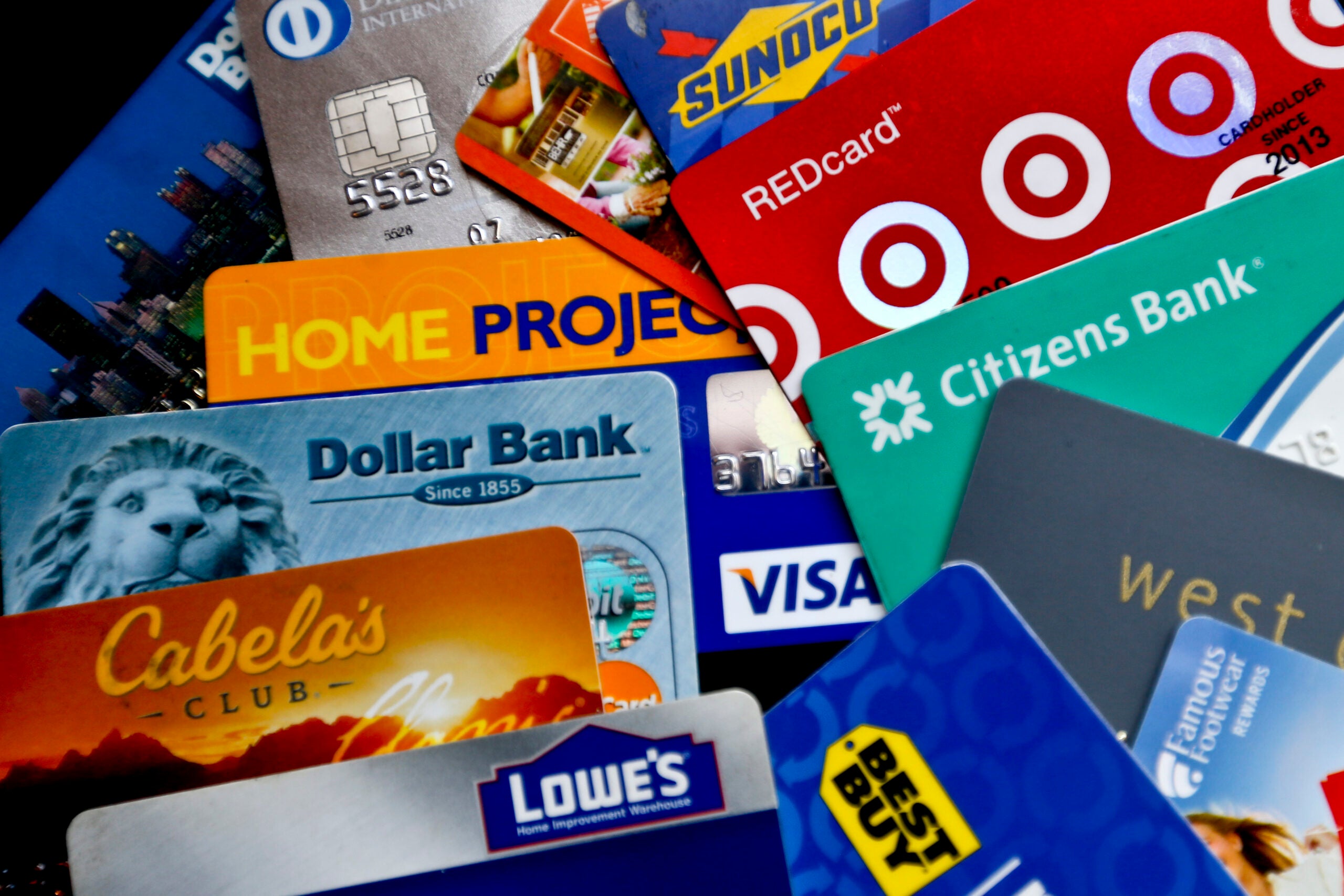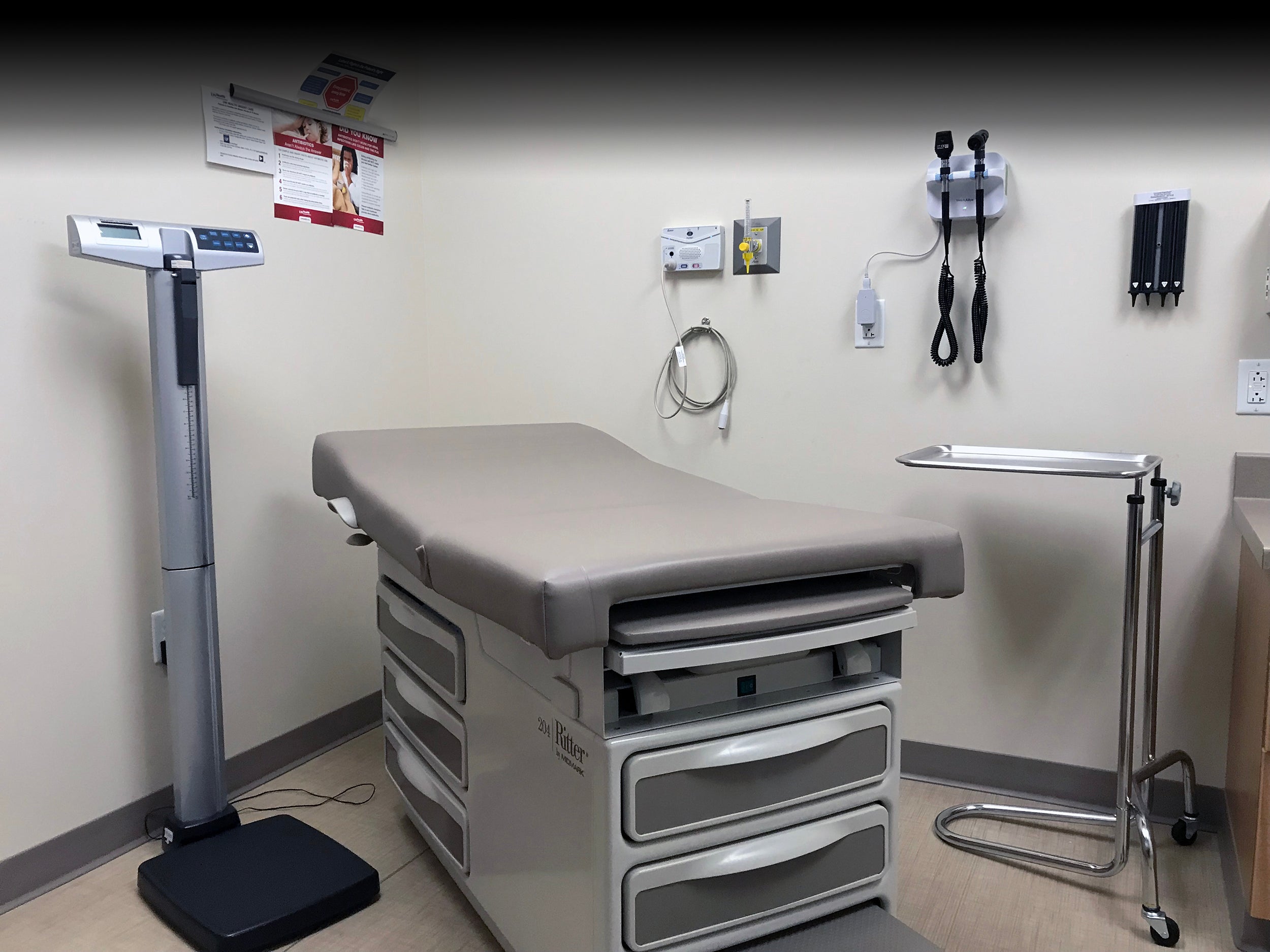The average consumer is set to spend an average of $567 from Black Friday to Cyber Monday this year, according to business management consultant Deloitte.
NerdWallet senior writer Sara Rathner said consumers should think now about how they plan to pay off any charges to their credit card through the holidays.
“We found in one of our studies that 2022 holiday shoppers incurred quite a bit of debt. About half of shoppers took on credit card debt last year,” Rathner said. “Among them, about a third still have not yet paid off these balances.”
News with a little more humanity
WPR’s “Wisconsin Today” newsletter keeps you connected to the state you love without feeling overwhelmed. No paywall. No agenda. No corporate filter.
Rathner joined WPR’s “The Morning Show” to share advice on managing debt ahead of the holidays.
The following was edited for clarity and brevity.
Kate Archer Kent: The Consumer Financial Protection Bureau finds one in 10 general credit card users are charged more in interest and fees than they pay toward the principal each year. How can people with credit card debt get out of this persistent debt cycle?
Sara Rathner: Someone may qualify for what’s called a balance transfer credit card that allows you to move your debt onto a card with a zero percent interest promotion. We’ve seen some (promotions apply for) almost two years. And if you have a schedule in place and you’re making payments towards your debt — if you can time it so that you’re debt free by the time that promotion is over — you’ve just saved a substantial amount on those interest payments. And then you end the whole experience debt-free.
There is what’s called a balance transfer fee. That’s typically 3 to 5 percent of the amount of debt you’re transferring over. But if the amount that you’re saving on interest exceeds the balance transfer fee, then you are coming out on top.
KAK: If you call your credit card issuer to discuss terms, how productive can those conversations be?
SR: It can be worthwhile to call (a credit card company) to see if you’d be eligible for things like a reduction in your interest rate or a credit limit increase or some sort of hardship payment plan if you are going through a difficult time financially.
So you can absolutely call and see what they can do for you. In the worst case, the answer is no, and you’re not going to be penalized just for calling and asking. So, if you are concerned about your ability to pay your bills, one first step could be to see what your credit card issuer could do for you.
KAK: How should a credit card user decide which credit card to pay off first?
SR: There are a couple of schools of thought when it comes to paying off credit card debt or other debts. When you have multiple debts at different amounts and different interest rates, one of them is called the avalanche method. That’s where you focus on the debt with the highest interest rate first. So with all of your debts, you make at least minimum payments on them, and then you take any extra money in your budget and you put it at the debt with the highest interest rate every month until you pay that one down. And then once you do, you move to the next debt on the list.
KAK: Credit card companies consider a consumer’s credit utilization when assigning someone a credit score. What can people do to improve their credit utilization?
SR: Credit utilization is the percentage of your total credit limit that you charge in a month. So let’s say you have $1,000 in credit limit across one or more cards. If you charge $500 to the card, then you have utilized 50 percent of your credit limit. The rule of thumb is to keep that number under 30 percent. Under 10 percent is even better. So if you have a really low credit limit, it’s hard to keep that utilization low because as you are making purchases, those everyday purchases. It’s tough to not max out your card if your limit is low and that can hurt your credit over time.
Obviously, one thing you could do is spend less. That’s the obvious answer, but it is not always possible … Another thing you can do is see if you could get your credit limit increased. Call your credit card company — that’s the number on the back of your card — and see if you’re eligible for it. Sometimes if your income has gone up over time, that can help you be eligible for a credit limit increase. So keep your income updated on your account. And if they say no, you could also try to apply for a second credit card.
Wisconsin Public Radio, © Copyright 2025, Board of Regents of the University of Wisconsin System and Wisconsin Educational Communications Board.






